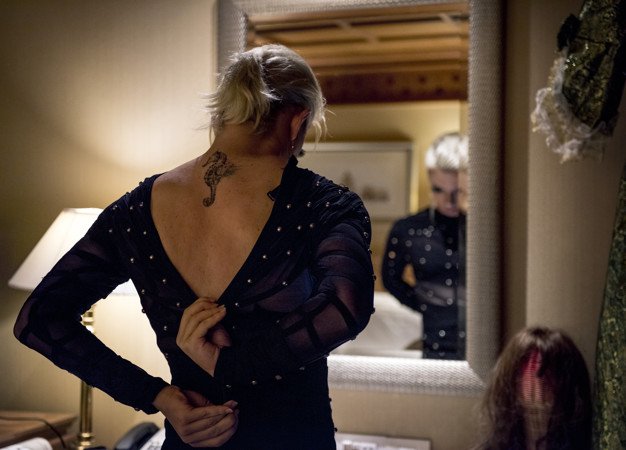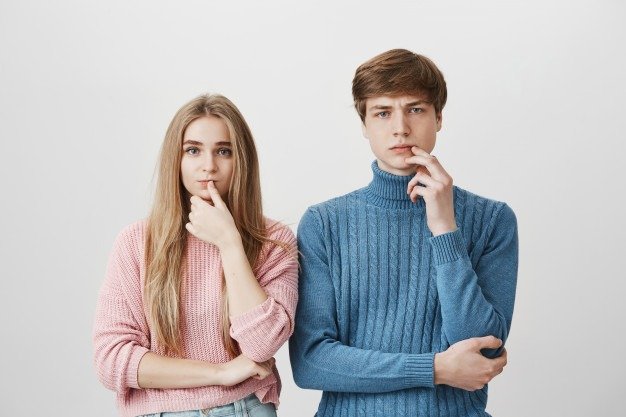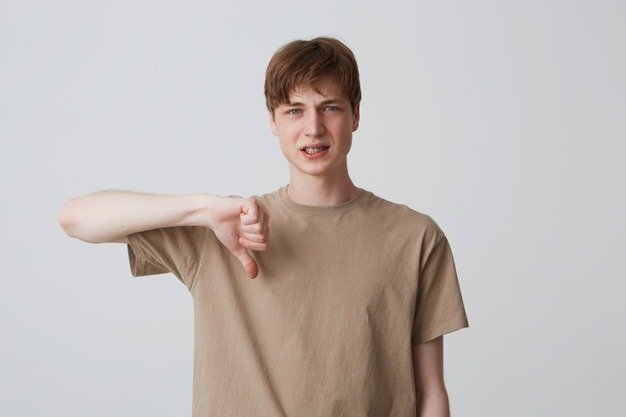When you hear the term “trope“, what springs to mind? A familiar plot device? A clichéd character type? Over the years, storytellers from Shakespeare to Spielberg have used tropes to craft their narratives, providing audiences with recognisable motifs that resonate universally. But have you ever stopped to ponder why these repeated themes hold such sway over our collective psyche?
Defining the trope
In the realm of literature and media, a trope is not just a tool to develop a storyline but a device that mirrors human understanding, emotions, and values. It represents shared knowledge and assumptions among writers and readers. Tropes, therefore, provide not just familiarity but a sense of comfort and shared cultural understanding.
Why do we love tropes?
- Archetypal resonance. The psychologist Carl Jung believed in the existence of a ‘collective unconscious’, an inherited set of memories and ideas shared across humanity. He proposed the existence of archetypes – symbols and themes that recur across different cultures and eras. Tropes can often be seen as modern iterations of these ancient archetypes, connecting us to primordial feelings and shared human experiences.
- Predictability and comfort. Humans have an innate desire for structure and predictability. When we see a familiar trope, we often know what’s coming next. This predictability can be reassuring. In a world filled with uncertainties, the consistent rhythms of a beloved story or character arc bring a sense of comfort.
- Cognitive ease. Our brains love shortcuts. When confronted with a familiar trope, we don’t need to spend extra energy figuring out the background or the character’s motivation; it’s already known to us. This allows for a smoother and more pleasurable reading or viewing experience.
Tropes and cultural evolution
While some critics dismiss tropes as unimaginative, these narrative devices have evolved as a reflection of societal values, fears, and desires. As culture shifts, so do the tropes that populate our stories. Take, for example, the trope of the ‘damsel in distress’. While this might have been a staple in tales of yesteryears, modern storytellers have deconstructed, subverted, and reinvented it to reflect the evolving understanding of gender roles.
Similarly, with the digital age, new tropes around technology, virtual reality, and artificial intelligence have emerged. These modern-day motifs allow authors and filmmakers to explore humanity’s relationship with technology, raising pertinent questions about our future and our place in the digital cosmos.
Subverting the expected
As with all things, the overuse of a trope can lead to it becoming stale or clichéd. This has led to a trend of trope subversion, where writers intentionally lead the audience to expect a certain trope only to flip it on its head. This tactic not only surprises and delights audiences but also prompts them to think more deeply about the narrative and its underlying themes.
For example, George R.R. Martin’s A Song of Ice and Fire series (adapted into the television series Game of Thrones) is known for subverting traditional fantasy tropes. Where audiences expected honourable heroes to triumph, they often met untimely and unexpected demises. This not only set Martin’s work apart but also provided a fresh take on the fantasy genre, prompting readers to question the nature of heroism and power.
Takeaway
Tropes are more than just storytelling tools: they are a window into the human psyche. They represent our shared memories, fears, aspirations, and values. While they offer familiarity and comfort, they also evolve and adapt, reflecting shifts in societal thinking. The next time you encounter a trope in a book or film, don’t dismiss it as mere cliché. Instead, take a moment to consider what it reveals about our collective consciousness and how it connects us to the age-old tales that have shaped human history.
Rowena J. Abernathy is a lover of words, wanderer of worlds, and connoisseur of quirks. Born in the heartland of Ohio, she now explores the tales of the universe.




























